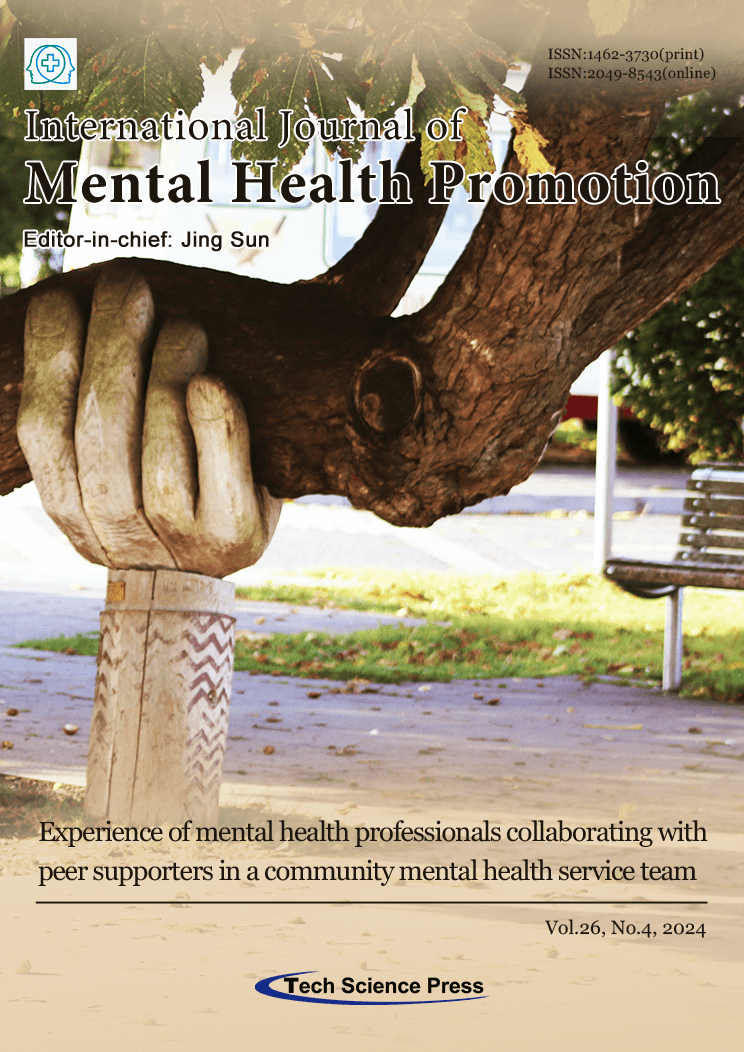
This study explored how mental health professionals collaborate with peer supporters with mental disabilities in a community mental health institution. From January 19 to February 23, 2021, three 60-minute interviews were conducted with six mental health professionals working at a Korean community center. The results were qualitatively analyzed and divided into four themes and eight categories. The four themes were the perceptions of and challenges in working with peer supporters with mental disabilities, conflict and confusion about working with peer supporters, forming partnerships with peer supporters, and policy support for peer supporters’ job security. Participants reported vague anxiety about working with a peer supporter and difficulties with the trial-and-error process of adjusting to the role as challenging. Over time, however, they realized that they needed to make an effort to develop meaningful relationships with peer supporters and mental health professionals. Thus, through this study, we realized that there was a need to improve the system, such as building infrastructure for job stability for peer support workers and capacity building tailored to the mental disorders. Although peer supporters play various roles while working with mental health professionals, this study showed the possibility of mutual growth through communication and cooperation. These findings will help prepare systems necessary for collaboration between the two teams amidst the increasing institutionalization of peer support for mental disorders.
View this paper